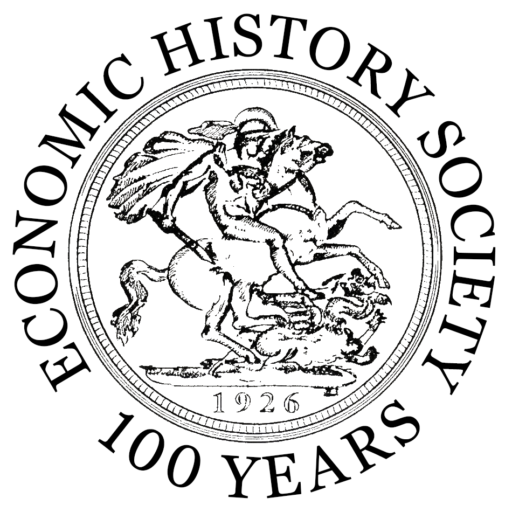From British Rule to Boardrooms: Community in India’s Corporate Economy, 1920s-1970s
In this post, Pallavi Padma-Uday of Queen’s University Belfast discusses the key themes in her doctoral thesis in Indian economic history. Now in the final weeks of writing up, her research has been supported by the Economic History Society’s Bursary Scheme for PhD students.
—
The economist Douglas North argued that informal institutions—which he termed the ‘rules of the game’—are critical to the study of long-term institutional change. Avner Greif’s influential study of Maghribi traders in the Muslim Mediterranean reinforced the economic role of self-governing institutions such as the merchant coalitions in long distance trade. In India, as in much of the medieval world of European merchants, informal institutions embedded in business communities fostered capitalism. These kinship networks—enjoined by caste, religion and occupation-based affinities—were dynamic social institutions which sustained economic life at multiple levels. Acting as economic institutions, they helped entrepreneurs to raise capital and mitigate barriers to accessing finance, enforce contracts where business laws were negligent or slow to develop and share information in asymmetrical spheres of commerce.
As the twentieth century unfolded, Indian economic historians argued that the development of formal business institutions and corporate legislations weakened the community-based networks. To be sure, despite the arguments about the decline of community, scholarship on the modern Indian economy continues to present evidence of its persistence. Caste-based communities continue to leverage kinship networks to mobilize capital, labour, and trust. To what extent, then, does the hypothesis of community’s decline in the twentieth century hold? My research has surveyed the boards of approximately 5,000 listed joint stock firms and 20,000 board directors from the 1920s to the 1970s to find out.
My thesis investigates the presence and persistence of community within the governance of listed joint stock companies in India during the period. Amidst the momentous changes during the 1920s and 1970s, India had transitioned from being a colonial to a post-colonial economy. While decolonisation is often invoked in historical debates about the development of the Indian corporate economy, the ethnicity of the entrepreneurs that controlled it remains understudied. This research leverages systematic quantitative evidence to illuminate informal institutions of community within the firm boards and addresses key historical debates on the development of the modern economy.
The key empirical component of the thesis is the construction of a rich new data set on the nationality and community of board directors across several industries. This allows for a granular examination of the evolution of control within the corporate economy during the period under study. Quantitative estimates for the board governance also help to explore the complexities of community presence in its economic, social and political contexts, and evaluate their persistence or decline over the long-term in precise numbers.
One of the chapters examines the evolution of firm and industry control over time, addressing debates on the role of Indian entrepreneurs in developing modern corporate institutions. The industries include those which were historically set up and controlled by the Europeans, which allows for an examination of the process of decolonisation of the corporate economy. The next chapter investigates the presence of a range of Indian business communities in the firm boards and their evolution over time. The final chapter explores the relationship between community and the development of Indian joint stock banking. Creating a new dataset of three typologies of banks, their board directors and their capital over the fifty-year period, it studies the business communities who founded indigenous joint stock banks and steered the control of the Indian banking industry over time.
The EHS bursary awarded for the project has allowed numerous facilitations for this research, including digitising the historical business registers and hand-collecting copious amounts of data. Research and preliminary data sets developed so far offer fresh historical insights and hold policy relevance for the current debates on corporate governance and the preponderance of family firms in the Indian corporate economy. The thesis also raises the questions that the persistence or decline of community in modern banks and industries present for Indian economic history.
To contact the author:
Pallavi Padma-Uday
Queen’s University Belfast

